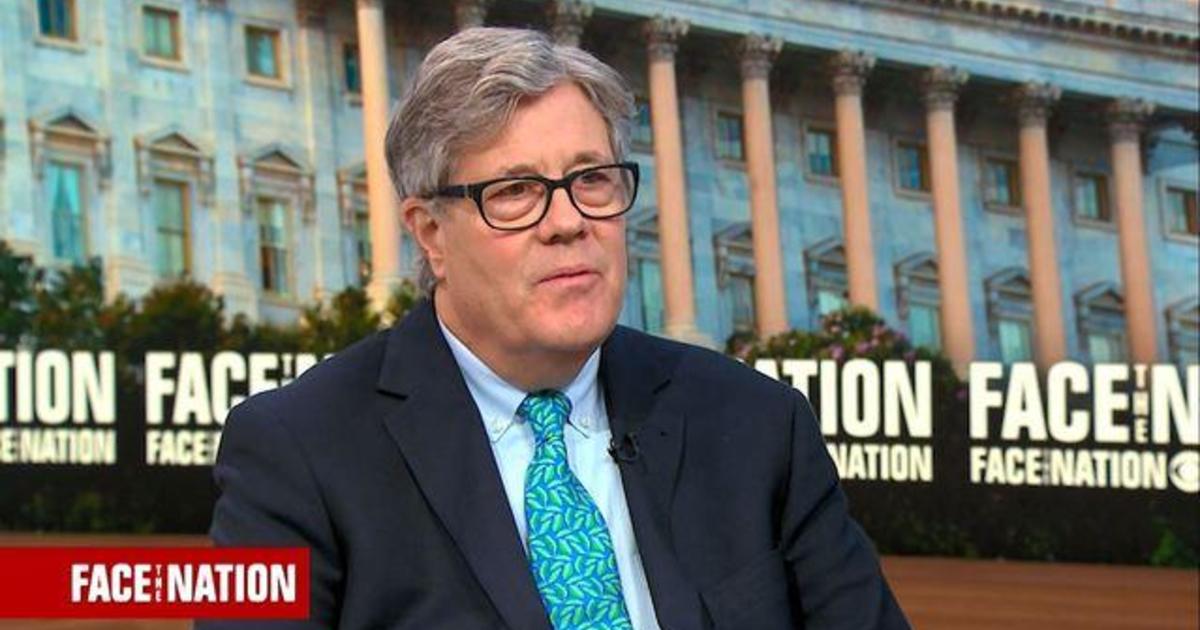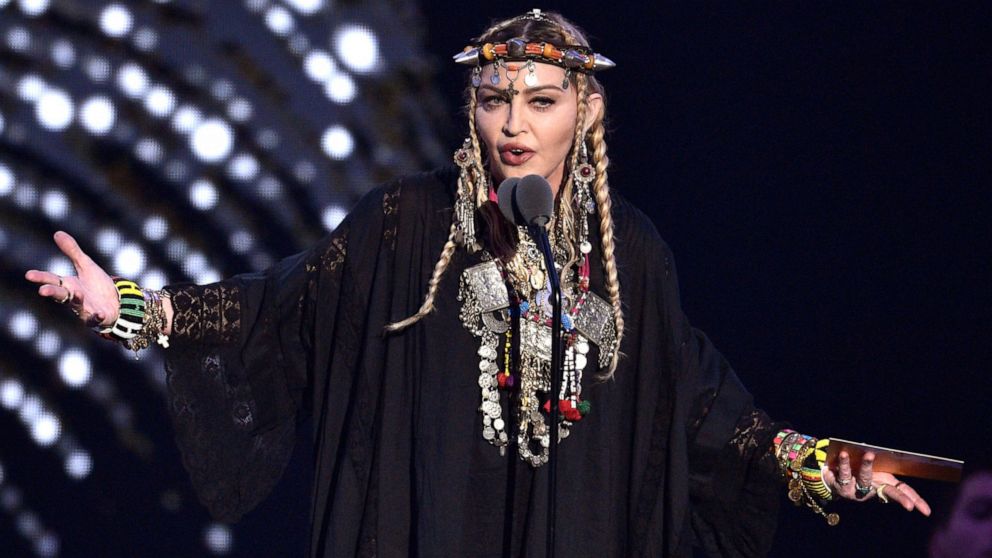
The following is a transcript of the full interview with author and historian David Maraniss. Part of the interview aired Sunday, May 19, 2019, on “Face the Nation.”
MARGARET BRENNAN: We’re joined now by author David Maraniss. He’s a Pulitzer Prize winning reporter who is perhaps best known for his biographies of presidents Bill Clinton and Barack Obama. But his latest book, “A Good American Family,” tells the story of his father Elliott Maraniss and how the Red Scare of the 1940s and 1950s changed his life. Good to have you here.
DAVID MARANISS: Thank you, Margaret.
MARGARET BRENNAN: So the “Good American Family” is actually your American family?
MARANISS: Yes. The title comes from a member of the House Un-American Activities Committee, who in 1951 gave a speech and said that he was shocked that anyone from a quote unquote “good American family” could be affiliated at any time with the Communist Party. And the whole book is a point of showing that our family was a good American family even though my father and my mother at one point were members of the U.S. Communist Party.
MARGARET BRENNAN: Well you write in the book about this idea of “un-American,” you talk about the hearings before Congress. What was that like for your father going through that kind of questioning? Did you ever really sit and talk to him about that?
MARANISS: You know my dad really didn’t want to talk about it. By the time I was- I was 2 years old when this happened. And sixty three years later as I was starting to research this book because before that, you know I’d written all these biographies of strangers to me like Barack Obama and Bill Clinton and Vince Lombardi who became familiar to me by the time I was done. This time I was starting with someone who I thought was intimately- I was intimately familiar with. I was worried would he be a stranger by the time I was done because I didn’t really know this part of our family’s past. I was at the National Archives and I found there the statement that my father wanted to read to the committee at the hearing, and he was not allowed to unless he confessed and named names, which he would not do.
MARGARET BRENNAN: And it was in that statement that he never got the chance to read–
MARANISS: Yes.
MARGARET BRENNAN: –but prepared that he said, “I would rather have my children miss a meal or two now than have them grow up in the gruesome fear ridden future for America projected by the members of the House Committee on Un-American Activities. My Americanism has been questioned and to properly measure a man’s Americanism, you must know the whole pattern of a life.”
MARANISS: It was a very powerful statement, and it was the statement of a- of an American citizen, of a man who had been the commander of an all black unit in World War Two in the Pacific being called un-American by a chairman of the committee who had in his earlier life been a member of the Ku Klux Klan briefly and so that juxtaposition of what does it really mean to be an American is as relevant today as it was in the 1950s. You know I don’t write about today in the book but the echoes are there throughout.
MARGARET BRENNAN: What specifically, the echoes? I mean these days you hear the term socialism thrown about and it doesn’t necessarily have the same resonance, clearly, as during this heated moment in time but it still has a stigma attached to it.
MARANISS: Well it has a stigma attached to it by people who want it to have a stigma attached to it. You can talk to people 35 and under and it’s a completely different definition and feeling about socialism. But I would say that the- the stronger echoes are not about socialism but about the use of fear as a manipulative tool in the political process which is what Joseph McCarthy, the senator, used during the 1950s and which the president is using today demonizing others stretching the truth and facts that- in an effort only for political purposes.
MARGARET BRENNAN: Did you feel like you were writing a commentary on today you’re drawing these- these parallels. But- but this was a different time. The threat felt immediate. There was something to be blamed. And right now what you’re talking about is- is kind of an argument amongst ourselves isn’t it?
MARANISS: In some ways- oh, of course they’re different. I mean history doesn’t repeat itself. You know there- there are echoes of it, but it’s not the exact same thing ever. And a matter of fact it’s upside down now, right? I mean here you have the president using the term McCarthyism and calling the attacks on him a witch hunt.
MARGARET BRENNAN: In writing this was this sort of therapeutic for you?
MARANISS: That’s a great question. You know I- I- I didn’t think it would be, but it was. It really helped me understand myself, my family and my country. You know all of us hear these stories about our own family. You know they’re part myth and part true and we never go back and explore them. I have done that with strangers as I said earlier, but to do it with my own family really helped me understand so much about myself. So in that sense it was therapeutic.
MARGARET BRENNAN: Did your father towards the end of his life have- have anger about this or did he feel you know his world view evolved or it changed? Did he ever say “I’m no longer, you know, subscribing to this world view represented by communism? I made a mistake here.”
MARANISS: He never said, “I made a mistake here,” but it was obvious and by the time I was of- of political consciousness he was an open minded newspaperman. So he- he never- you know- he- he did say at one point that he was stubborn in his ignorance in his earlier life. That’s about it. But- but it was never a matter of of repentance, because that he- he evolved but he never became bitter. Many of the old leftists turned into a staunch anti-communist neoconservatives or embittered sort of depressed older people and my father maintained this optimism throughout. And when I went and studied his earlier writings you saw this incredible optimism about this country. He never wanted to destroy this country just wanted to make it better.
MARGARET BRENNAN: What made you follow in his footsteps and become a journalist?
MARANISS: I was too stupid to do anything else. I loved writing from a very early age. And my father certainly didn’t discourage that. It’s- it’s in my blood. My mother was a book editor. My grandfather was a printer. My dad was a newspaper man. So I followed into that.
MARGARET BRENNAN: All right. David Maraniss thank you very much–
MARANISS: Thank you, Margaret.
MARGARET BRENNAN: –for sharing your story and that of your family. We’ll be right back.

